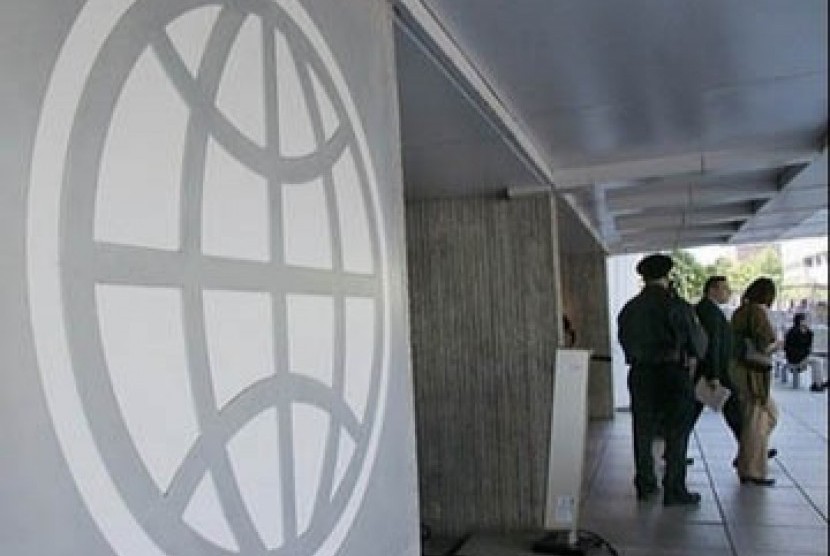REPUBLIKA.CO.ID, JAKARTA -- The World Bank has said it will be difficult for Indonesia's economy to grow very high in 2015 despite several efforts taken by the government to improve its investment atmosphere.
"The integrated one-stop service policy for license issuance adopted by the Investment Coordinating Board is a right step, but it will take time to prove effective," World Bank economist Ndiame Diop stated in the latest World Bank quarterly report released here on Wednesday, March 18.
Ndiame has predicted Indonesia's economy to grow at around 5.2 percent in 2015, which is far below the government's assumption of 5.7 percent in the 2015 revised budget, because the export sector will not contribute significantly this year.
"It will be difficult to even reach the 5.5-percent mark. Indonesia needs to work very hard because domestic consumption, investments or exports are pressured to cut growth projection," he explained.
He hoped that in the long term, the government can carry out various structural reforms to make Indonesia's economy stable against external pressures and grow higher to meet expectations.
The reforms, he added, should include the development and improvement of infrastructure facilities, development of human resources, and productivity of the sectors that have economic potential.
"Overcoming infrastructural limitations and improving the quality of human resources will be crucial in the long term as they are Indonesia's weak points. Adequate public policies will also be needed to improve the effectiveness of the economic sector," he remarked.
Ndiame is optimistic that if structural reforms are carried out, Indonesia's economy will be able to record a better growth minimally at around 5.5 to 6.0 percent based on its potential.
The World Bank has projected Indonesia's economy to grow 5.2 percent in 2015 and has predicted it will grow a bit higher at 5.5 percent in 2016 based on assumptions that private consumption supported by investment acceleration will be relatively stable. The projection is also based on the consideration that exports and imports will grow in stages and in line with the strengthening of investments. Various risks caused by tight credit and high import cost must be constantly monitored because they may reduce household consumption, he noted.


